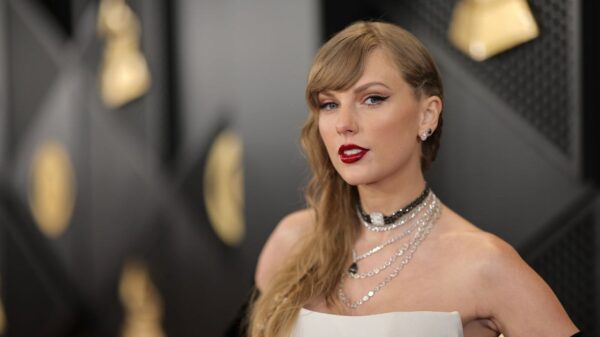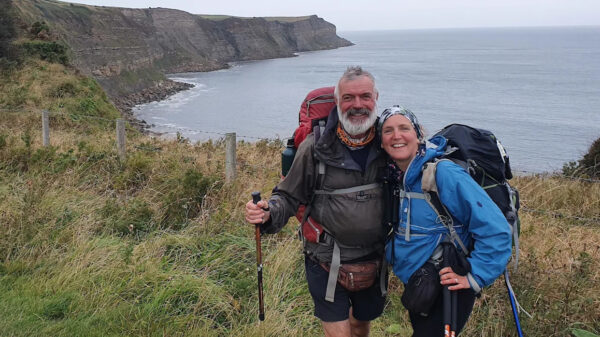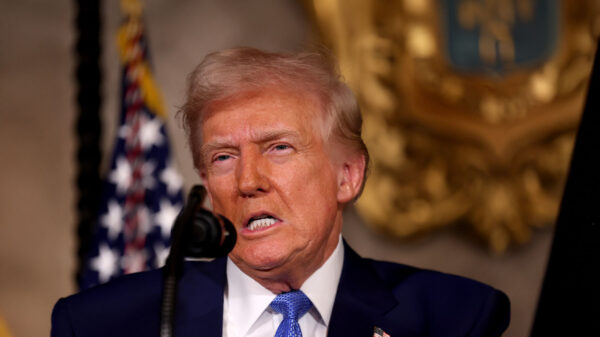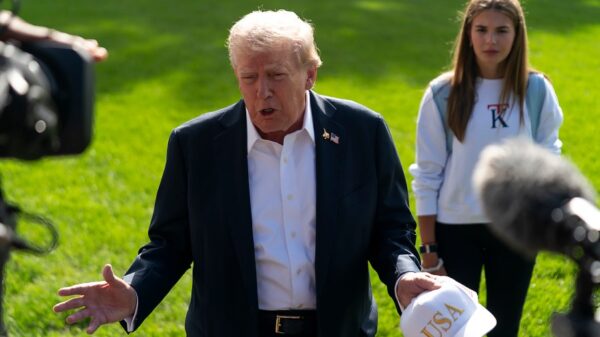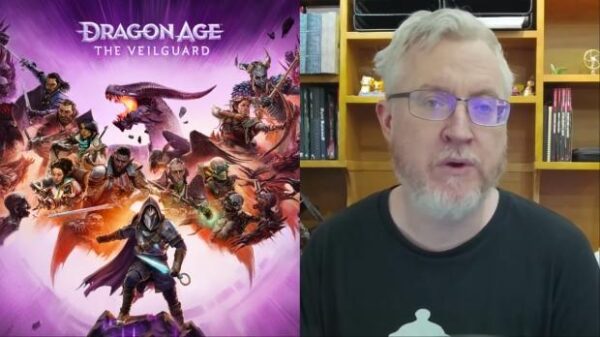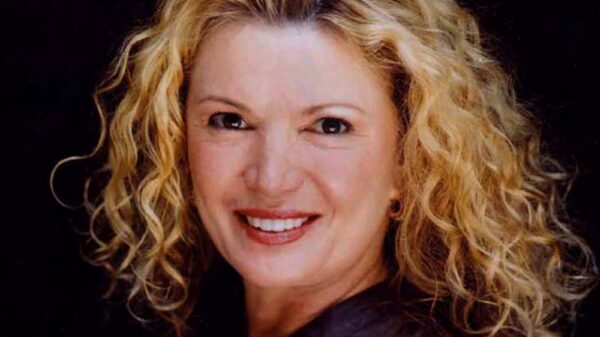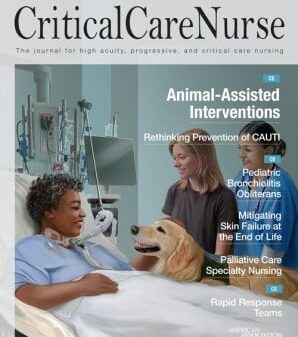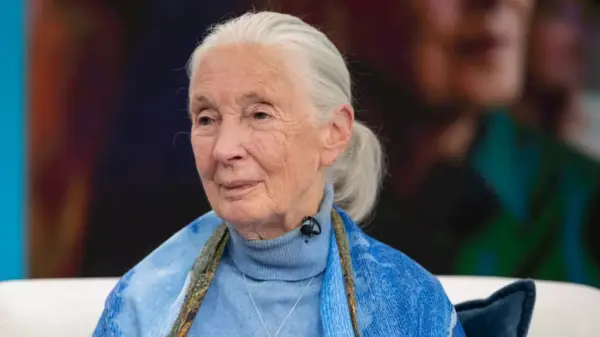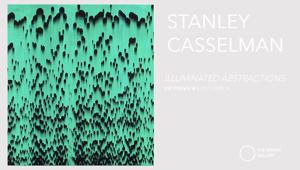On September 17, 2025, writer Jeff Lovett humorously recounted a conversation with his wife about taking up beekeeping, despite his history of severe bee allergies. The light-hearted reflection raises questions about hobbies and personal safety, especially when one’s health is at stake.
Unexpected Hobby Proposal
While driving through Georgia, Lovett’s wife suggested they start beekeeping. Her enthusiasm caught him off guard. “We should get some beehives,” she said, sparking a mix of amusement and concern for Lovett, who has previously experienced dangerous allergic reactions to bee stings.
Lovett’s childhood encounter with a bumblebee led to a hospitalization due to anaphylaxis. He vividly remembers the experience, stating, “They put me in an oxygen tent and gave me a bunch of shots so I wouldn’t die.” Despite sharing this story multiple times, his wife remained steadfast in her belief that beekeeping could be a fulfilling hobby for him.
The Dilemma of Allergies and Hobbies
Lovett’s musings highlight a common dilemma: pursuing hobbies that may pose risks to one’s health. While he acknowledges the joy of honey and the appeal of bees, he remains skeptical about the idea. The notion of being surrounded by thousands of bees, especially when he has a history of allergic reactions, seems more like “taunting death” than enjoying a leisurely pastime.
In his reflective account, Lovett humorously considers alternative hobbies, such as “putting little dresses on black widow spiders” or “becoming a wing walker at air shows.” These comparisons underscore the absurdity of the situation as he weighs the risks of beekeeping against safer activities.
While he jokes about the possibility of having “friendly bees” that wouldn’t sting, he acknowledges that reality is different. He recalls how bees seem to take pride in their ability to sting, especially in the context of their social dynamics. Lovett’s humor and self-deprecation make his narrative engaging, allowing readers to connect with his predicament.
Ultimately, the discussion of beekeeping reflects broader themes about hobbies, personal interests, and the balance between passion and safety. Lovett’s story serves as a reminder that while some may pursue unconventional hobbies, others must navigate the complexities of their health and safety.
As Lovett contemplates his wife’s suggestion, he wonders if he might no longer be allergic to bees. He muses about the possibility of “getting a bee to sting me” to test his tolerance. But the thought of risking his life for a hobby raises a poignant question: Is it worth it? As he humorously concludes, if he survives the sting, perhaps he could even embrace other risky hobbies.
Lovett’s reflections on beekeeping not only entertain but also provoke thought about the relationship between personal interests and health. As he continues to explore the idea of beekeeping, readers are left to consider how far they would go to engage in a new hobby, especially when it involves significant risks.



